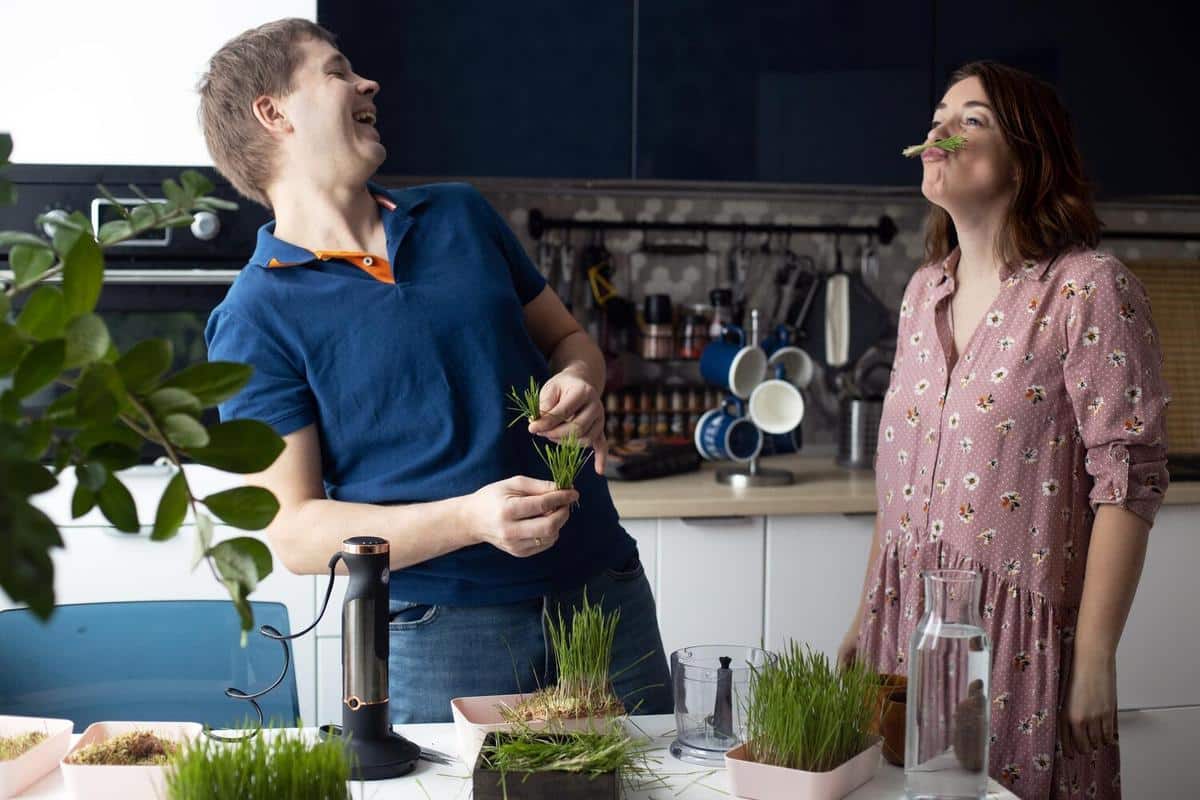
Creating a Zero-Waste Kitchen: A Comprehensive Guide
Transitioning to a zero-waste kitchen is a rewarding endeavor that not only benefits the environment but also enhances your culinary space with sustainability and mindfulness.
Creating a zero-waste kitchen is a vital step towards sustainable living, and it’s easier than you might think. By adopting simple practices, you can significantly reduce waste and contribute to a healthier planet.
Understanding the Zero-Waste Philosophy
The zero-waste lifestyle is centered around minimizing waste sent to landfills. According to a report by the Environmental Protection Agency, food waste accounts for over 30% of the waste stream. Transitioning to a zero-waste kitchen can substantially decrease this figure.
Expert Insights
Environmental expert Bea Johnson, a pioneer in the zero-waste movement, emphasizes the importance of the 5Rs: Refuse, Reduce, Reuse, Recycle, and Rot. She suggests focusing on the first two principles to make a significant impact.
Personal Journey to Zero-Waste
Consider Lisa, a home cook who transformed her kitchen by starting with small changes. She began by swapping disposable paper towels for reusable cloths, which not only cut down on waste but also saved money.
Actionable Tips for a Zero-Waste Kitchen
- Start Composting: Set up a compost bin for food scraps. This turns organic waste into nutrient-rich soil.
- Bulk Shopping: Buy in bulk to reduce packaging. Bring your own containers to store items like grains and spices.
- Reusable Alternatives: Opt for reusable dishware and utensils instead of single-use plastics.
| Item | Disposable | Reusable |
|---|---|---|
| Paper Towels | Single-use | Cloth Rags |
| Plastic Wrap | Single-use | Beeswax Wraps |
| Plastic Bags | Single-use | Cloth Bags |
| Water Bottles | Single-use | Stainless Steel Bottles |
| Sponges | Single-use | Natural Brushes |
| Straws | Single-use | Metal Straws |
| Cleaning Sprays | Single-use | Refillable Bottles |
| Coffee Pods | Single-use | French Press |
Additional Resources
Explore blogs like Zero Waste Home for more tips and community support. Engaging with online forums can also provide inspiration and practical advice from others on this journey.
FAQs
How can I start composting at home?
Begin by finding a suitable compost bin for your space. Add food scraps like fruit peels and coffee grounds, and avoid meat or dairy products.
What should I do with old plastic containers?
Repurpose them for storage, plant pots, or donate to organizations that can reuse them.
Is zero-waste expensive?
While some initial investments may be required, zero-waste living often saves money in the long run by reducing disposable purchases.
Conclusion
Embracing a zero-waste kitchen is a powerful commitment to sustainability. By making conscious choices about the products you use and the waste you generate, you can make a meaningful impact on the environment. Begin your journey today and inspire others to follow in your footsteps.


